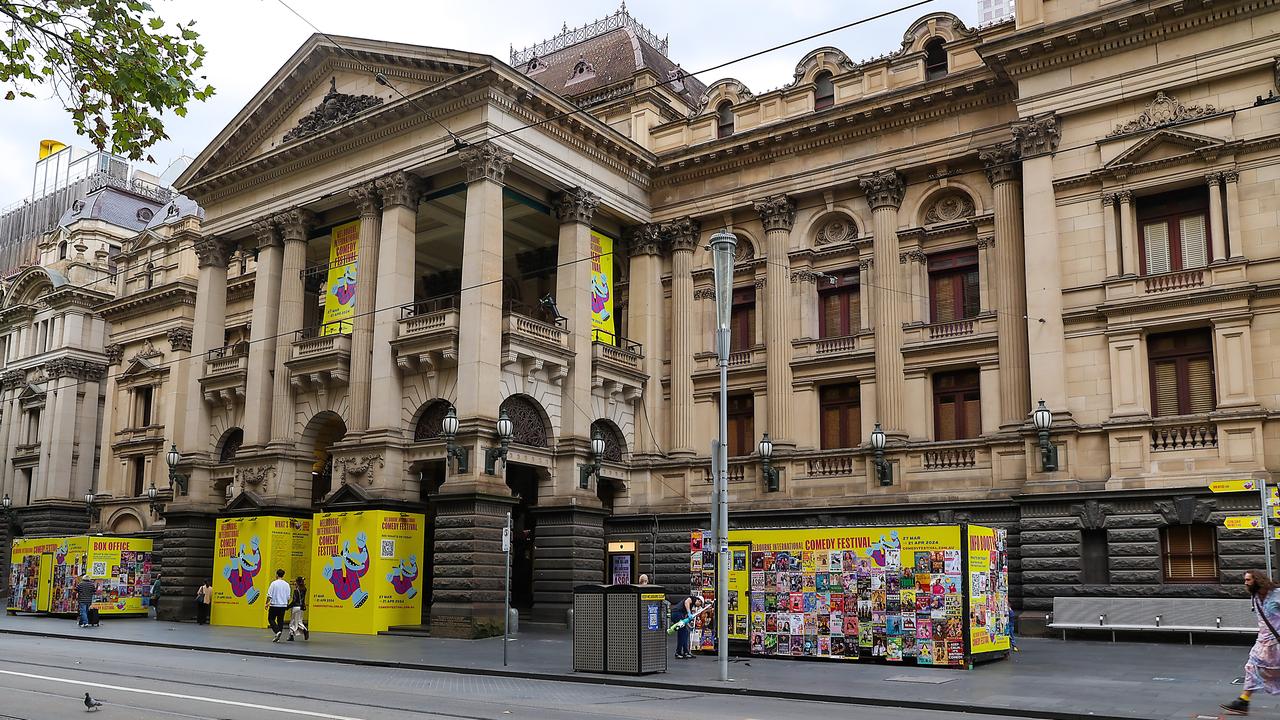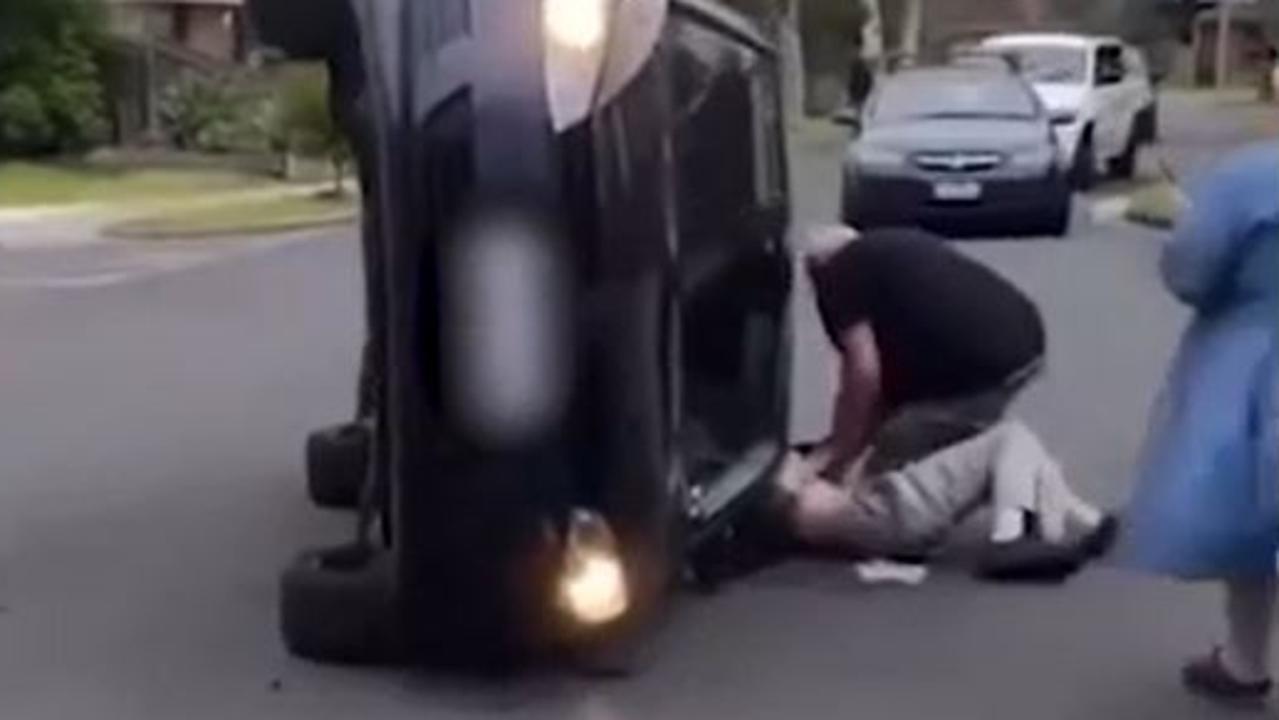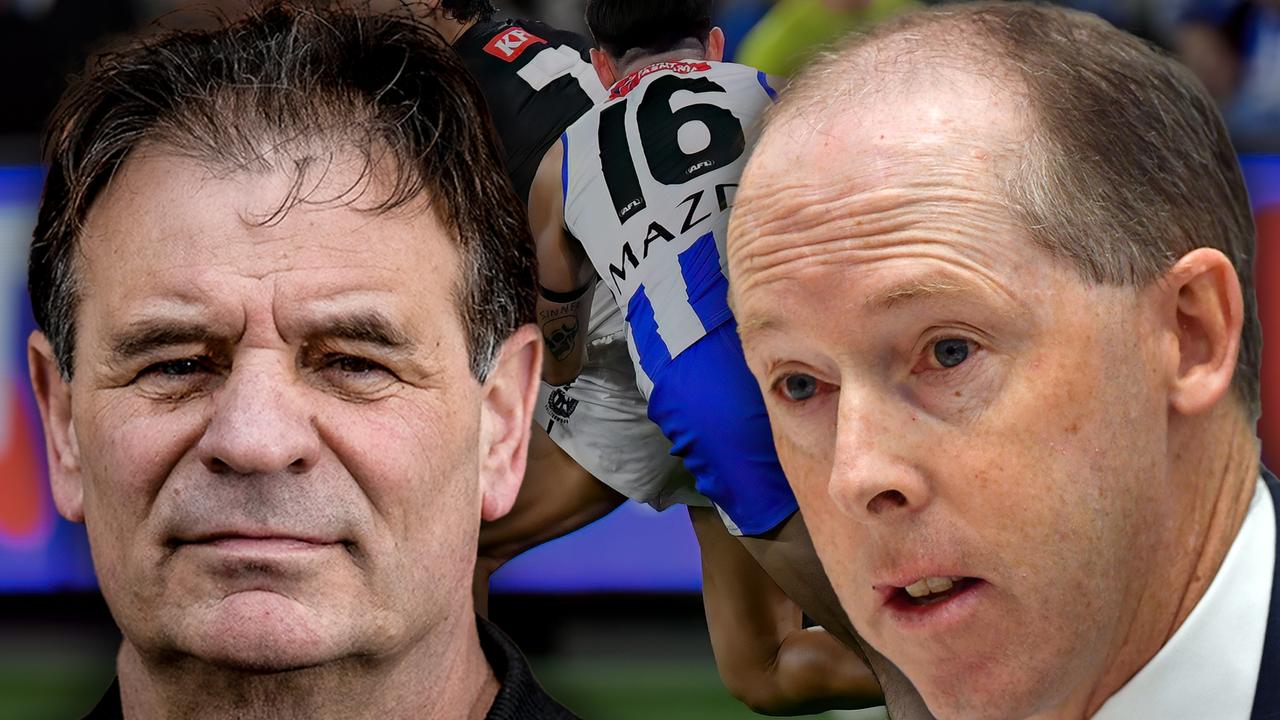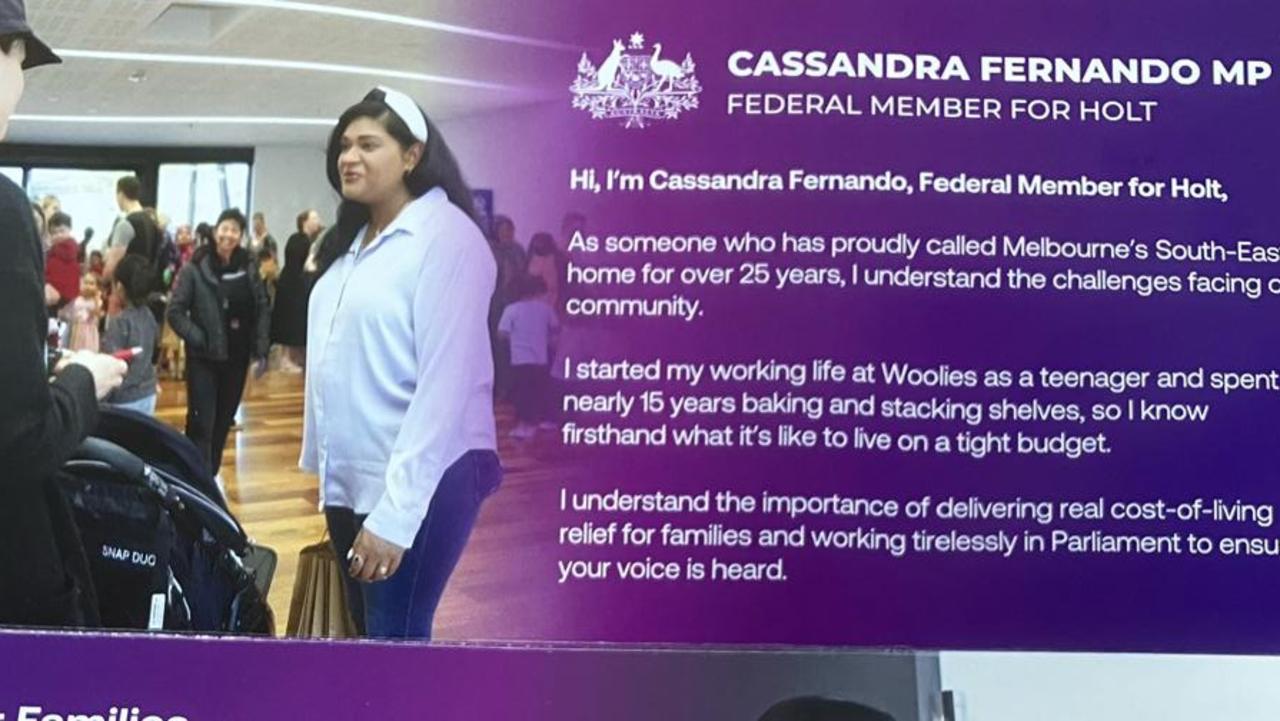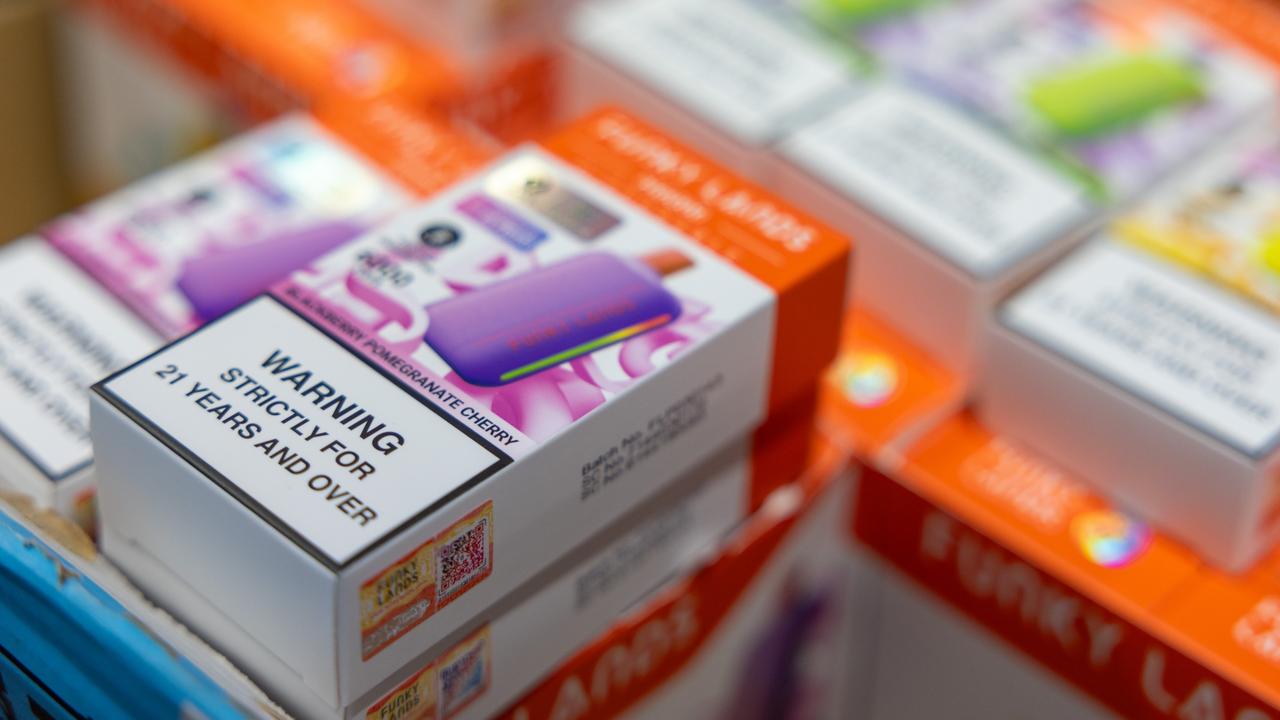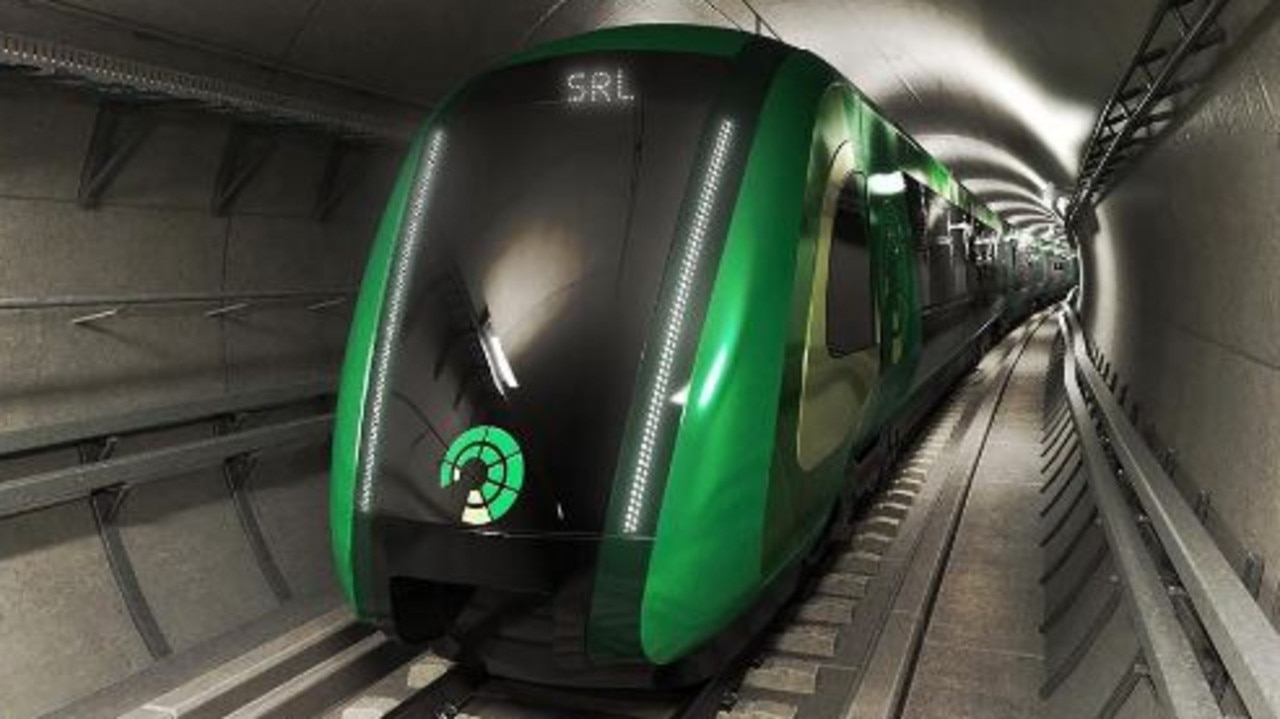RMH critical care nurses deliver care to strangers in need
It is one of the country’s busiest ICUs providing care to more than 3000 critically ill patients a year but Royal Melbourne Hospital nurses say they are “the lucky ones”. See what happens behind the scenes.
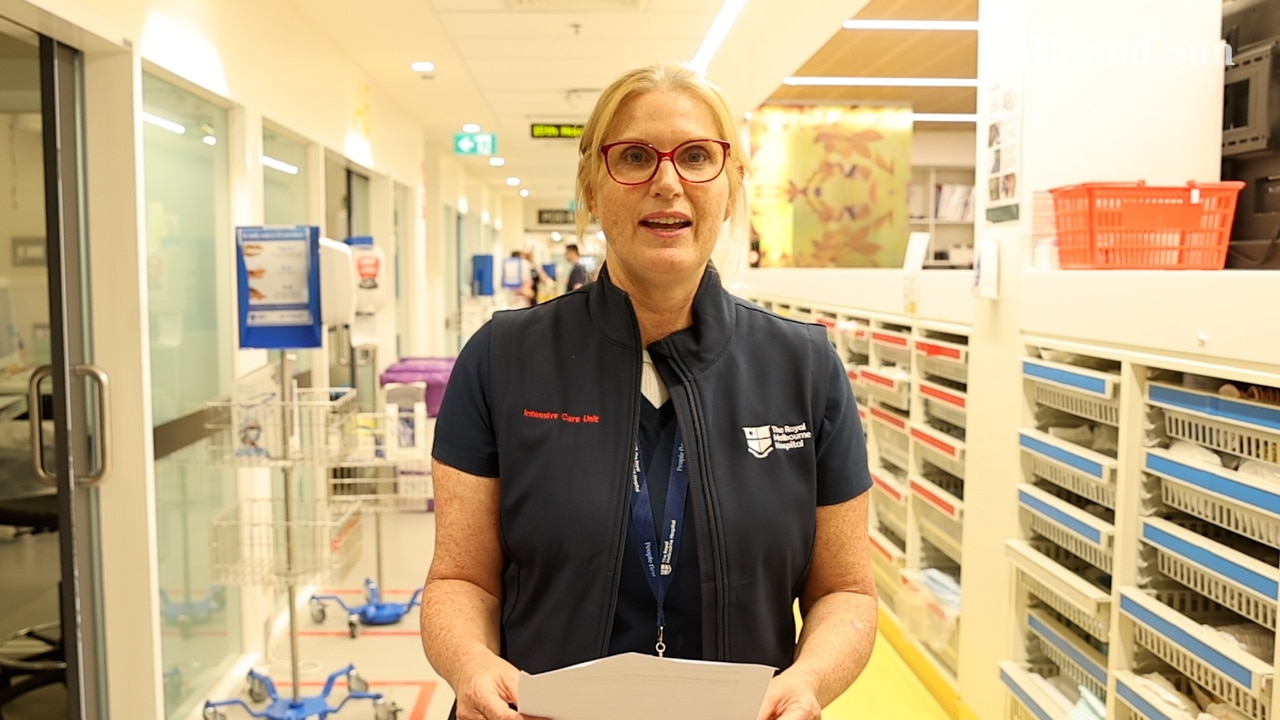
Victoria
Don't miss out on the headlines from Victoria. Followed categories will be added to My News.
It should have been a straightforward flight for Nomusa Mwale. The mum of two was on her first trip to Australia, making the move from Manchester to Melbourne to do a Masters in social work.
Only things didn’t go to plan.
Flying solo, with her husband and children to follow days later, Ms Mwale started to feel unwell. With around 13 hours still to go before reaching Melbourne, she put it down to the altitude.
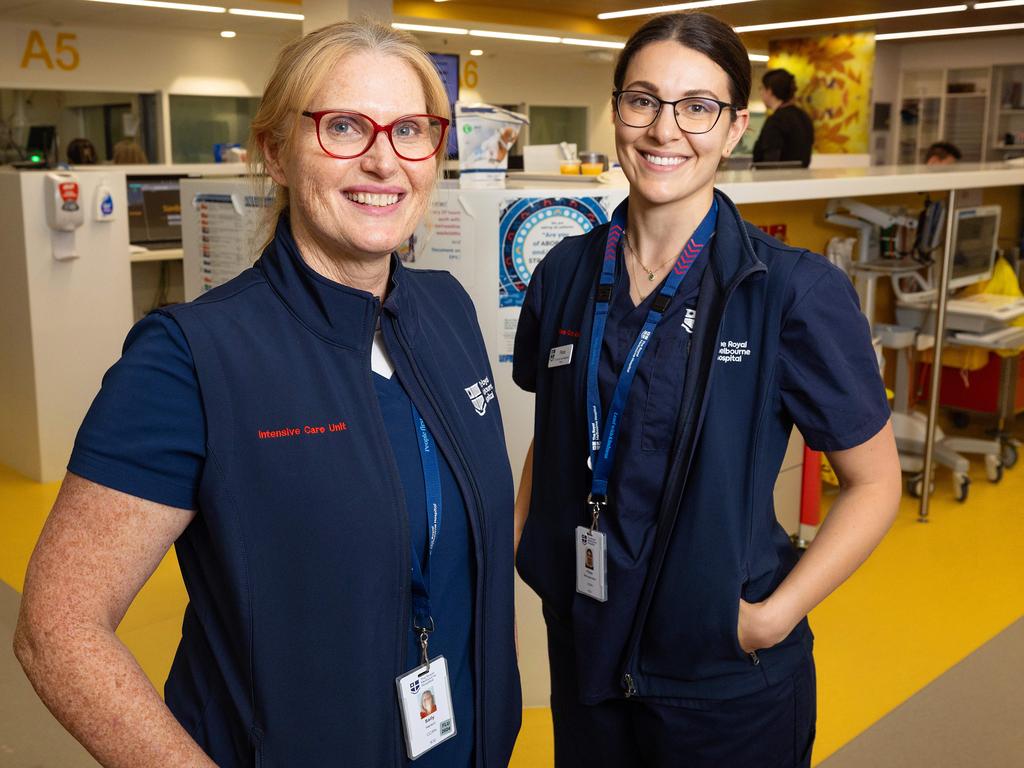
But something was wrong, seriously wrong.
Just before the flight landed Ms Mwale, 33, fainted on her way to the bathroom. She heard later that her heart had stopped.
“The room started spinning, my chest felt like someone was sitting on it and I couldn’t breathe,” she said.
She was raced to the Royal Melbourne Hospital (RMH) where doctors told Ms Mwale a blood clot had moved from her foot to her lungs.
The following day, sitting up in bed in the RMH’s intensive care unit, Ms Mwale said she thanked god this was the closest hospital.
“You guys might have just saved my life; I’m rooting for Australia now,” she said. “I didn’t know it was that serious. I thought I had just fainted.”
These are the unique health crises that the highly trained team at the hospital’s ICU see every hour, every day.
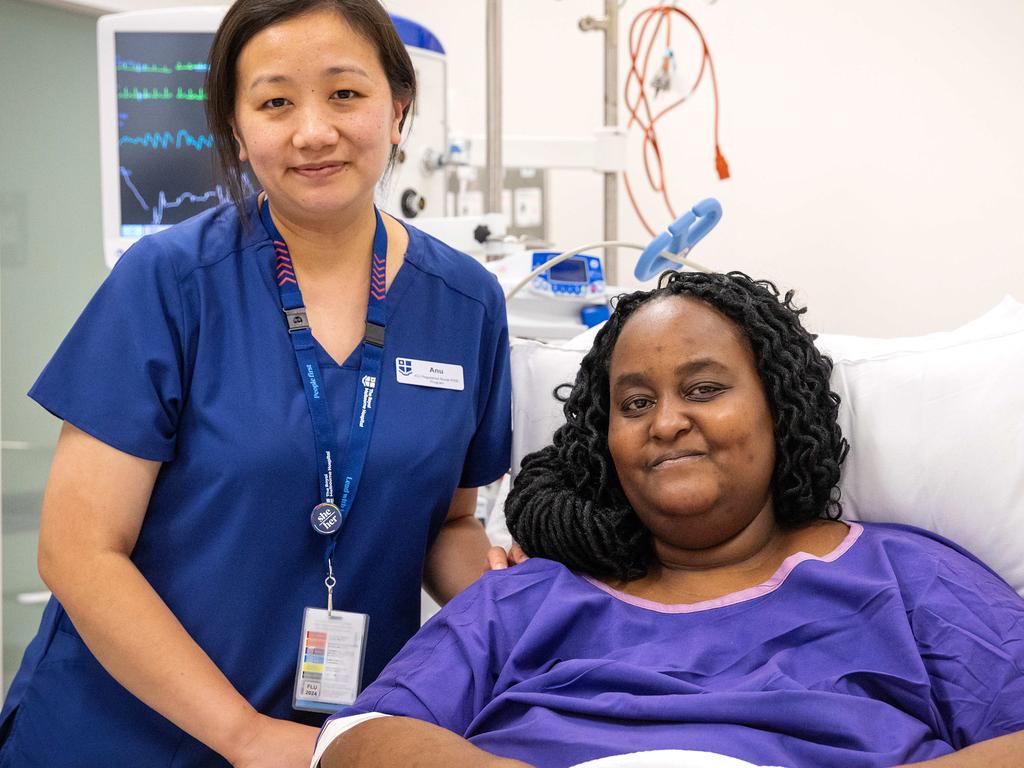
More than 3000 critical patients pass through its doors a year, making it one of the country’s biggest and busiest ICUs in Australia.
ICU critical care nurse Sally Neilson, 53, is a former journalist who said she decided to study nursing in 2017 because of the equality of nursing.
“It doesn’t matter who you are or where you come from, when you step through the front door of a hospital, a nurse is going to help you and give you the very best lifesaving care that we can give to anybody,” Ms Neilson said.
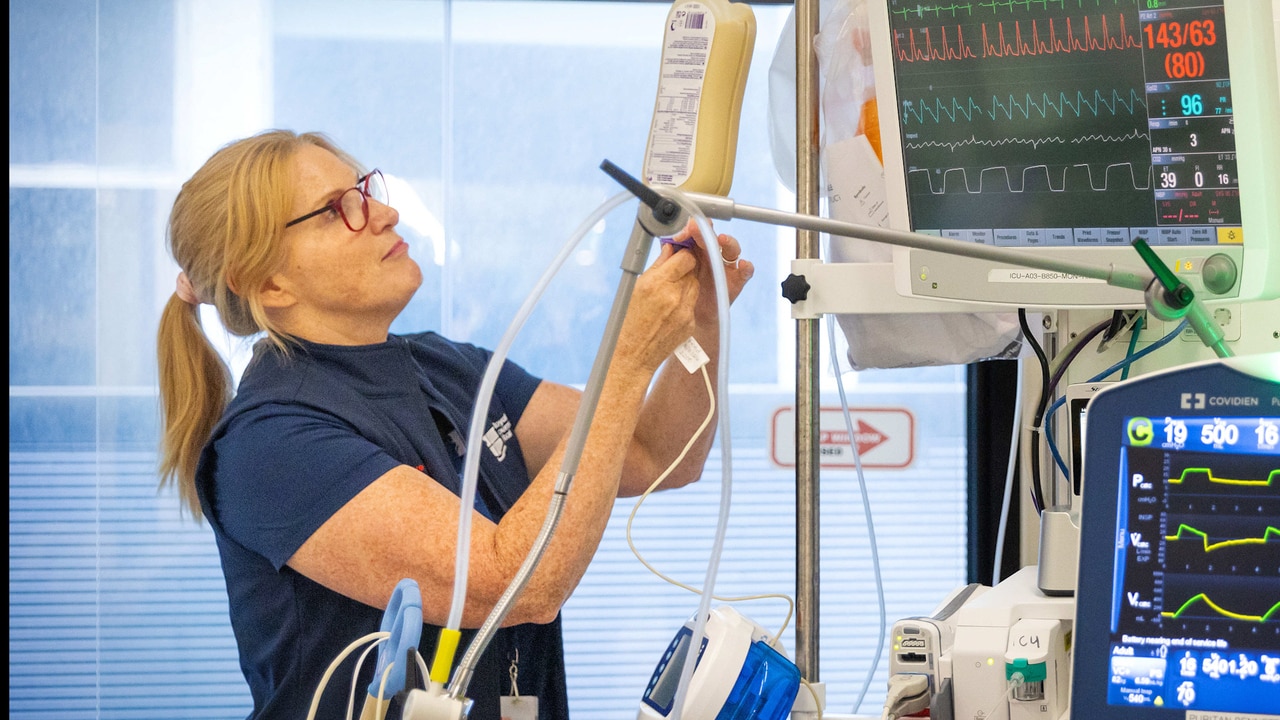
Her writing days are not done. Ms Neilson recently described an overnight shift in the ICU in a piece she called Daybreak. Moving, powerful words.
She writes about how sunrise hits differently when it comes at the end of a 12-hour night shift in ICU, which is a typical rotation.
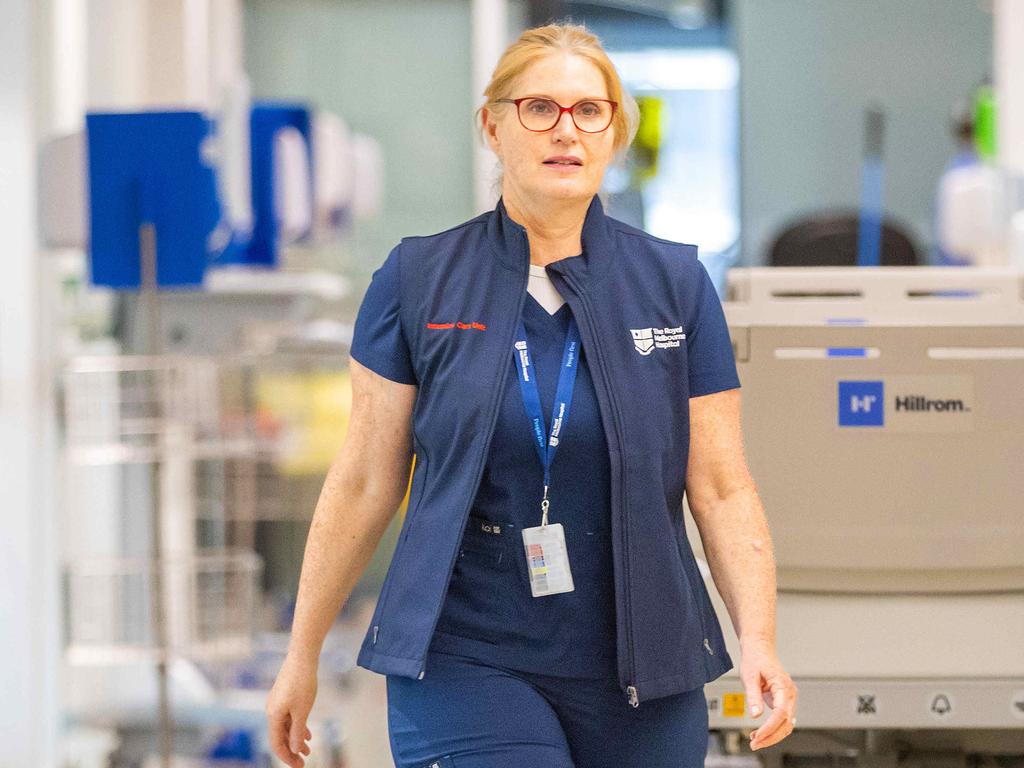
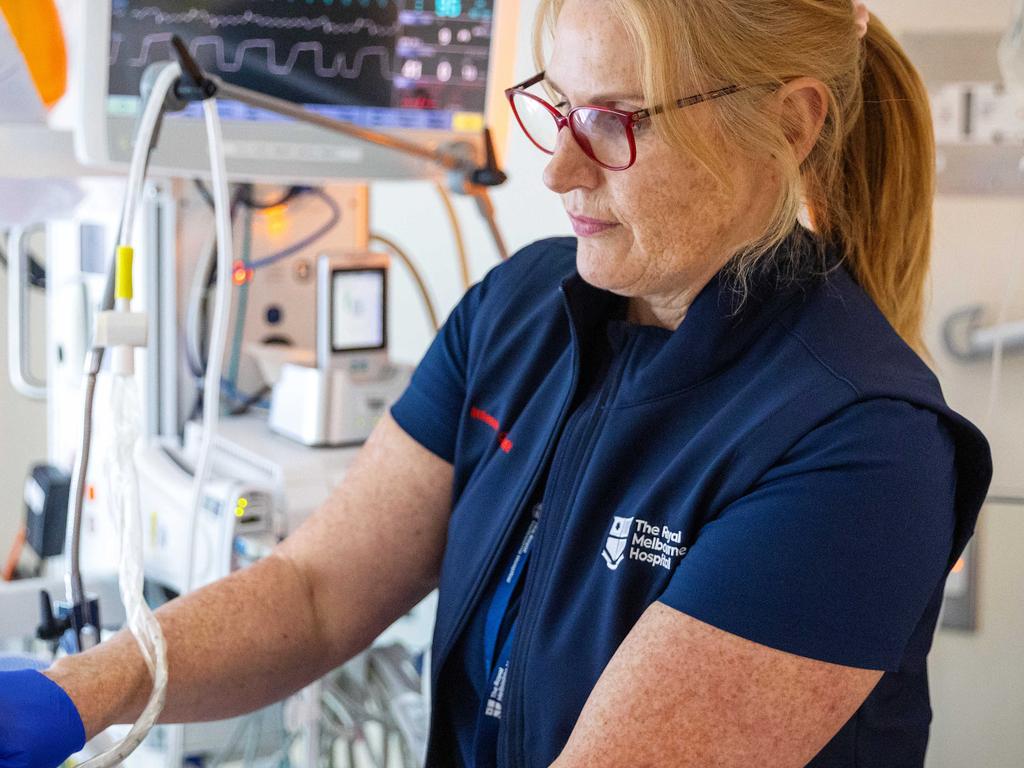
Mr Neilson shares the profound moments when nurses get to be with someone, not long ago a stranger, for what will be their last ever sunrise.
“For nurses, it’s the light at the end of the tunnel. No matter what challenges the night has delivered, sunrise means the finish line is in sight and the next shift will be rolling through the double doors and taking over any minute.
“It’s also a reminder that we are the lucky ones. After the sun has fully risen, we get to walk our healthy bodies out the door and go home to our lives and our families – unlike the people whose lives we’ve spent the last 12 hours trying to save.”
Ms Neilson says the dawn of a new day is a major milestone for the critically ill, who have survived the night in their fight against a life-threatening emergency.
Today she is caring for a patient who has survived a high-speed crash.
Amid constant beeping monitors and intermittent alarms, there is such a tenderness in her care, something you see with all the ICU nurses. A genuine compassion delivered to strangers in need.
“ICU is one of the few places in the world where judgement is suspended, we treat everyone the same,” Ms Neilson said.
There is also the teamwork: each patient in ICU has a dedicated nurse caring for them 1:1. If a nurse needs to leave the room, even for a split second, they “tag team” to the colleague next door. No patient is ever left alone.
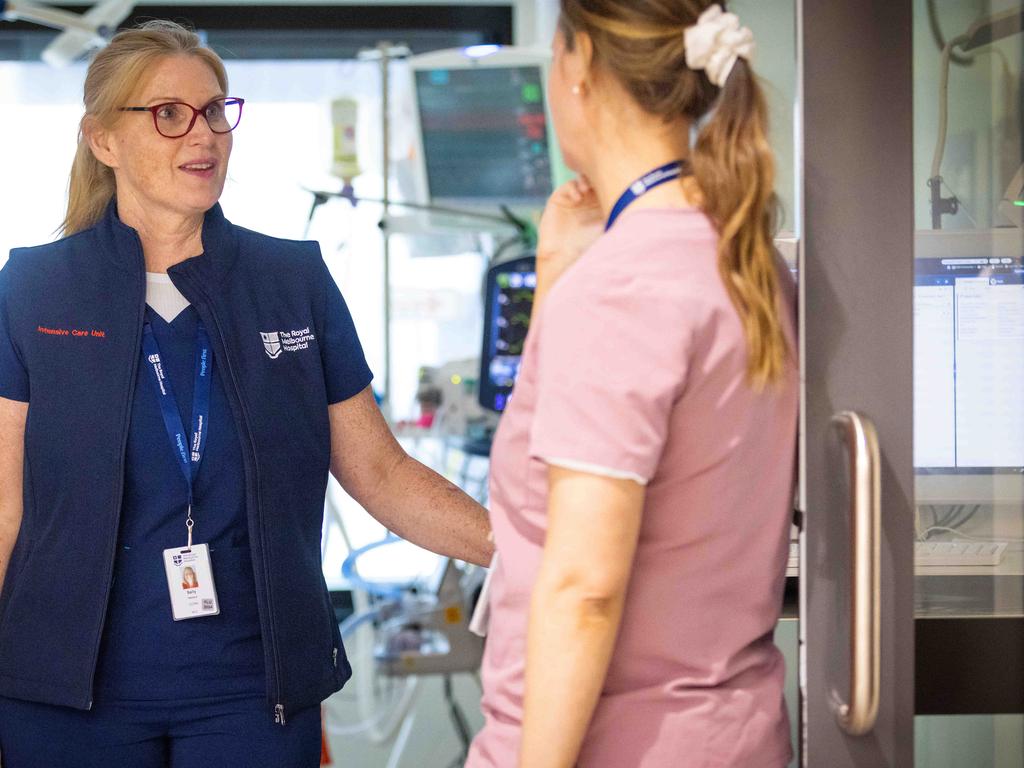
It is their responsibility to watch, monitor and be alert for any changes in a critically ill patient. It can be subtle like a change in breathing, perhaps sudden telltale signs of irritability that may indicate a patient is waking up.
They must decide if a sudden change in blood pressure needs them to hit the alarm to bring a team running.
“You get to see everything here, it’s a major trauma centre, cardiothoracic centre, neurosurgery centre,” Ms Neilson said. “And it’s intense.”
Her patient today is intubated; their body shocked by spinal and internal injuries and medicated to help with the long road to recovery.
“When a patient is critical, everything just gets more complex and it can change quickly,” Ms Neilson said.
Next door another patient is in a fight for life as sepsis threatens to shut down organs. Across the corridor another has heart failure and anxious family members are urging the patient to rally.
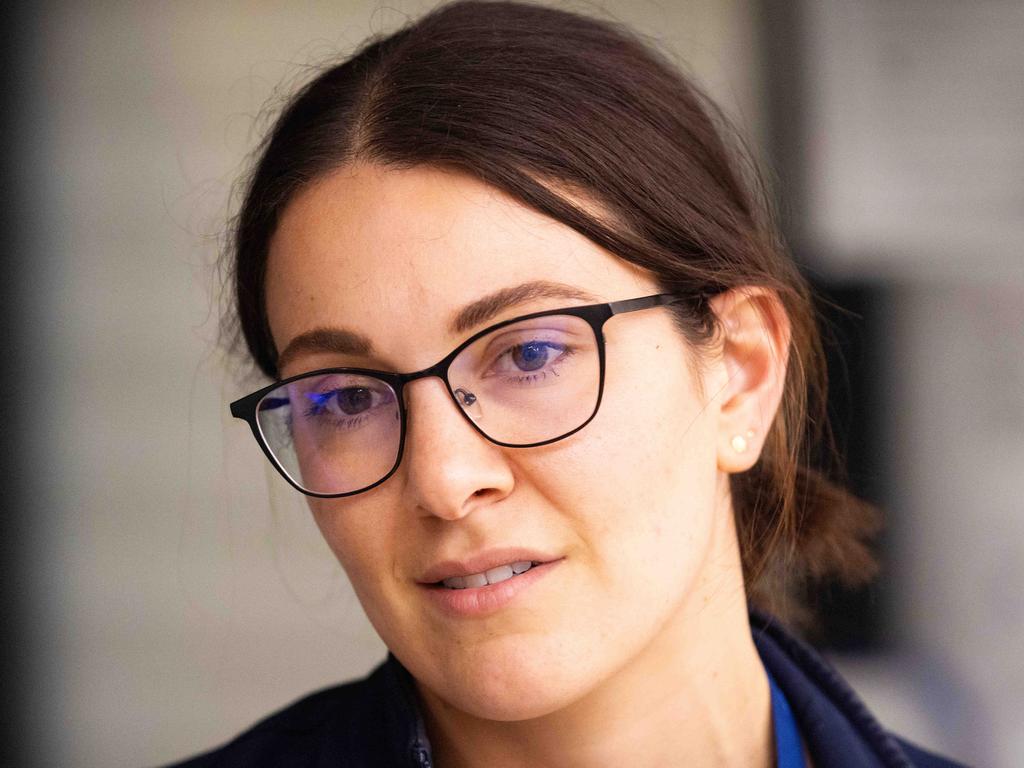
Flora Markogiannakis, 30, started her ICU nursing career during Covid. “I wouldn’t say Covid inspired or deterred me,” she said. “I was really thrown into it and for me that worked really well, it gave me purpose.”
She has a special interest in trauma patients and likes the feeling that in ICU she has the resources, knowledge, skills and support to help people. “You feel like you’ve achieved something by the end of a shift.”
Ms Markogiannakis did a Bachelor’s of Nursing and Business Administration and may move into health administration. Not just yet. For now she wants to work as a nurse to make an impact at a different level.
She also acknowledges the job can be tough, mentally and physically.
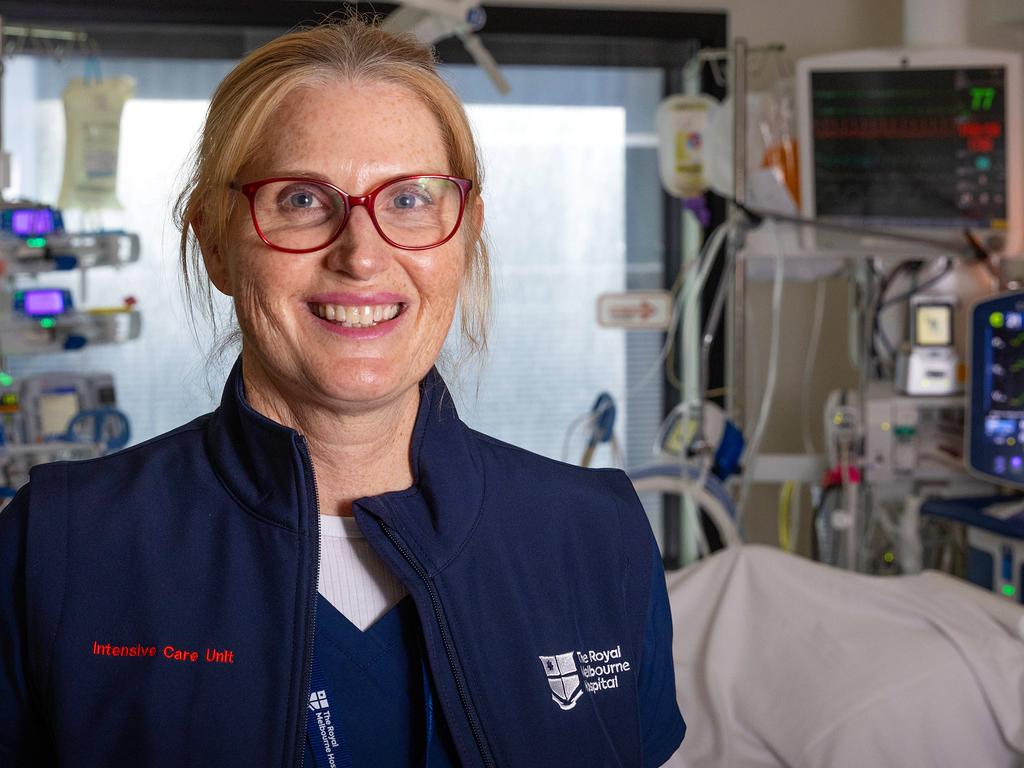
“You really have to check in with yourself before every shift and when you go home, to know that you can come back the next day,” Ms Markogiannakis said.
“We go through so much in our own personal lives and then caring for the patients and their families who are experiencing some of the worst days of their lives.”
Ms Neilson says when the families visit the humanity floods in.
“When you see a family see their loved one awake for the first time after something really big has happened, that they may not have survived, that’s really moving,” she said. “The best is seeing their joy and relief when things have gone the right way.”
But ICU nurses also help prepare families to say a final goodbye to a loved one, and there are always the patients who will stay forever in their minds.
For Ms Neilson it was the young woman who had suffered a brain bleed and did not survive.
“I was with her; her husband on a pull-out bed, we spent the night with her. They were newly married and had just built their home; it was terrible. That one sticks with you.”
But nursing also brings her much joy. “Every day you are doing something worthwhile, something good.”
She says one of the great things about nursing is the work-life balance that’s encouraged.
“So when you hand over and leave, you’ve switched off. You’re not answering emails and phone calls. You’re out the door. Until the next shift.”
ICU AT A GLANCE
• The RMH has a team of 380 ICU nurses
• About 3000 patients are admitted every year
• There are 42 beds, making it one of the Australia’s busiest ICUs
• Intensive care is around the clock
More Coverage
Originally published as RMH critical care nurses deliver care to strangers in need



